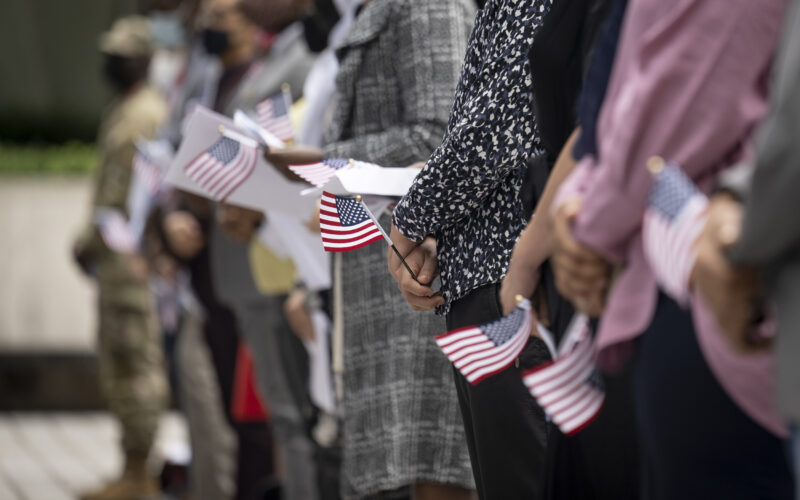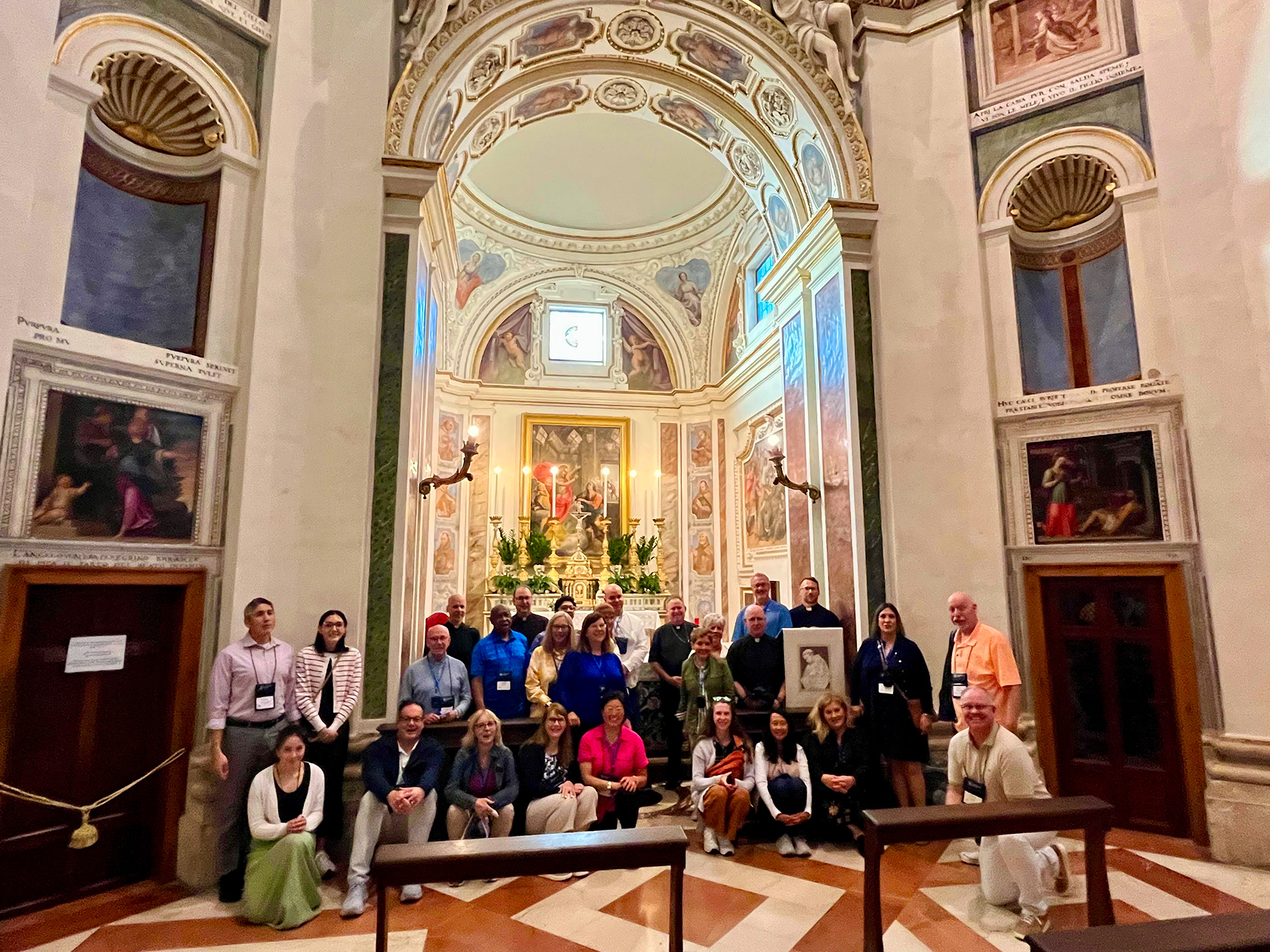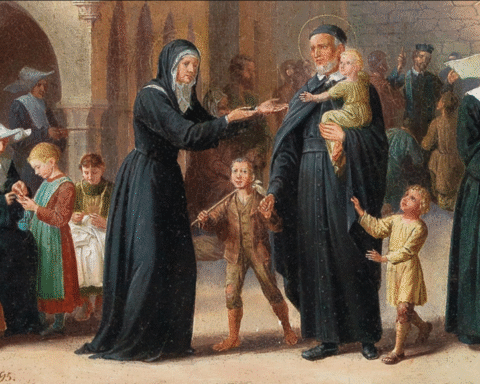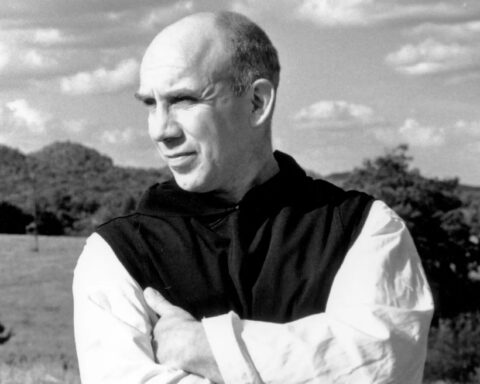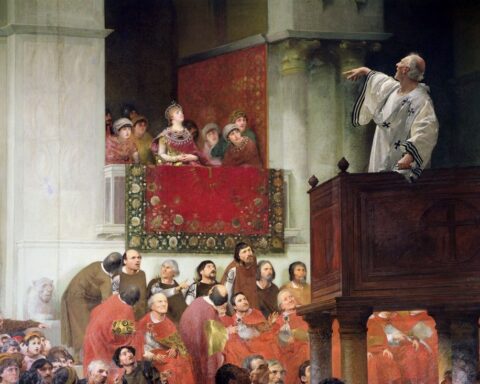The latest migration issue that could soon reach the Supreme Court for a decision is the contention, established by a Trump administration executive order in January, that birthright citizenship has not been applied as intended and is not the norm for the United States, but that the 14th Amendment of our Constitution, which bestowed citizenship on all born in the United States, was intended only for the freed slaves following the Civil War.
This controversy has arisen because of incidences of women, although relatively small, who intentionally come to the U.S. to give birth so their child can be a U.S. citizen. The number of these incidences has never been quantified, with estimates of the number of children born to undocumented families varying.
Immigrant restrictionist groups allege several hundred thousand children a year are born to immigrant mothers. Some have called these newborns “anchor babies” who are then able to bring family members into the U.S. But the child cannot bestow an immigration benefit on the parents or siblings until they are 18 years of age, and even then, it may take years to achieve.
Click here to subscribe to our weekly newsletter.
But this issue goes much deeper, and perhaps a history lesson can help us resolve any doubts we have regarding how citizenship can be acquired in the United States.
It was the intention of the Founding Fathers that all those born in the territory of America, of the United States, should be citizens. The options are “jus soli” or “jus sanguinis,” which means is it the land or is it a bloodline that confers citizenship? The first colonists opted for the land because they intended to populate the land, and because they had an aversion to bloodlines, which somehow hinted of royalty and succession. So, it was from the very beginning of our nation that “of the land” was the chosen method. The 14th Amendment of the Constitution ratified this in July of 1868 and clarified that all those who were born into slavery had the right to American citizenship.
In 1898, the Supreme Court decided through a case that a child born in the United States to Chinese parents permanently residing in the U.S. was a U.S. citizen. This decision was made during a period when the Chinese exclusionary laws were being passed.
American Indians were not granted U.S. citizenship until a 1924 act of Congress; prior to that, they were regarded as members of tribal nations — a distinction still reflected in today’s reservation system.
The movement against birthright citizenship is another example of prejudice against the foreign-born and the belief that the proportion of foreign-born to American-born citizens must always be kept under 15%. The 15% ideology was established from the time when the highest percentage of Americans were immigrants during the period from 1900 to 1924.
The motivation for curbing immigration from less favored nations, namely, southern and eastern Europeans in favor of northern Europeans, was part of a racist attitude that has persisted even to our own day. The era of restrictionism, especially in the period around 1924, was not based on economic motivation, but rather on keeping America, American. It seems to have meant that the proportion of foreign-born should always be much lower than those who were originally part of the founding of the country –– namely the Anglo-Saxon population.
The reasons for this thinking were certainly racist and based on the false understanding of eugenics, which categorized certain nations as inferior to others.
If the Supreme Court finds birthright citizenship as it is applied not to be constitutional, the unfortunate result would be that many U.S.-born children of undocumented parents will become stateless, since they would neither belong to the United States nor to the country from where their parents came. Being stateless has been called by some a crime against humanity since the nation of their parents’ provenance has no obligation to accept them.
We would also create a permanent underclass of children who do not have the opportunity to reach their potential and contribute to the nation.
These are only some of the practical problems we will face if the legal tradition of the United States is overturned by new racist theories about who has a right to be an American citizen. As our history has taught us, birthright citizenship has served the nation well throughout its history, as it allows the children of immigrants who labor here and contribute to our national well-being to have a right to citizenship.
Bishop Nicholas DiMarzio, who served as the seventh bishop of the Diocese of Brooklyn, is continuing his research on undocumented migration in the United States.
